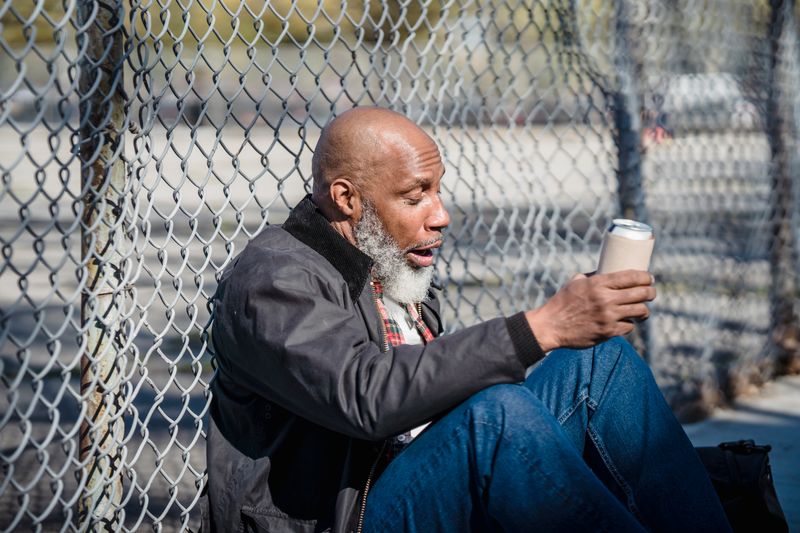The Controversy Surrounding the Adin Ross Interview: A Disappointing Spectacle
The Background
In recent weeks, the internet has been abuzz with discussions revolving around the controversial interview between online personality Adin Ross and a person claiming to be Kim Jong-un, the Supreme Leader of North Korea. The interview, which took place on Ross’ popular live streaming platform, has drawn both fascination and criticism from viewers around the world.
A Fake Kim Jong-un
It became apparent to many viewers early on that the person posing as Kim Jong-un was, in fact, an impersonator. The impersonator had carefully crafted the appearance and demeanor of the North Korean leader, successfully deceiving some into believing he was the real deal. This revelation, however, did not halt the interview or prevent it from capturing the attention of millions.
A Disappointing Spectacle
The interview itself was a disappointing spectacle, lacking any substantive content or serious political analysis. Instead of addressing important issues such as human rights violations, nuclear disarmament, or diplomatic relations, the interview seemed more focused on promoting shock value and generating controversy. Ross’ decision to proceed with the interview despite the obvious fraud being perpetrated only adds to the disillusionment many feel towards this event.
Ethical Implications
The Adin Ross interview raises ethical questions about the responsibility of content creators and the society that consumes their content. As the face of his live streaming platform, Ross wields considerable influence over his audience, especially the younger generation who make up a significant portion of his viewership. By giving a platform to a fake Kim Jong-un, Ross inadvertently amplifies the voice of an impersonator who spreads misinformation and potentially harms public perception.
This incident also sheds light on the issue of authenticity and credibility in the digital age. The ease with which individuals can deceive others through platforms like live streaming is a cause for concern. The Adin Ross interview exemplifies the dangerous potential for misinformation on a global scale, further eroding trust in the media and fueling conspiracy theories.
Editorial: A Missed Opportunity for Meaningful Dialogue
The Adin Ross interview could have been an opportunity to engage with serious topics and foster meaningful dialogue. Despite its initial allure, the interview quickly devolved into a farce that overshadowed any potential for insightful discussions. Interviews with world leaders, even impersonators, can provide valuable insights into political thinking, cultural nuances, and international relations. However, this interview missed the mark, failing to shed any meaningful light on the complex issues surrounding North Korea.
As consumers of media, we should demand more from those in the spotlight and question their motives and choices. We should encourage content creators to pursue responsible journalism, focusing on accurate reporting, rigorous fact-checking, and a commitment to truth. While it is important to promote freedom of expression, we must also recognize the weight of responsibility that comes with that freedom.
Advice: A Call for Media Responsibility
The Adin Ross interview serves as a cautionary tale for both content creators and their viewers. As content creators, it is important to remember the influence we wield and the potential consequences of our actions. We must prioritize integrity and ethical conduct in the content we produce and the guests we invite.
As viewers, we play a significant role in shaping the content landscape. We can demand higher standards, holding content creators accountable for the impact of their work. By supporting and engaging with content that promotes responsible journalism, critical thinking, and accurate representation, we can help foster a healthier media environment.
Ultimately, the Adin Ross interview should serve as a reminder that there is a pressing need for ethical considerations, transparency, and authenticity in the realm of digital media. By learning from this disappointing spectacle, we can work towards a media landscape that values meaningful conversations and promotes a more informed society.

<< photo by German Rojas >>
The image is for illustrative purposes only and does not depict the actual situation.




